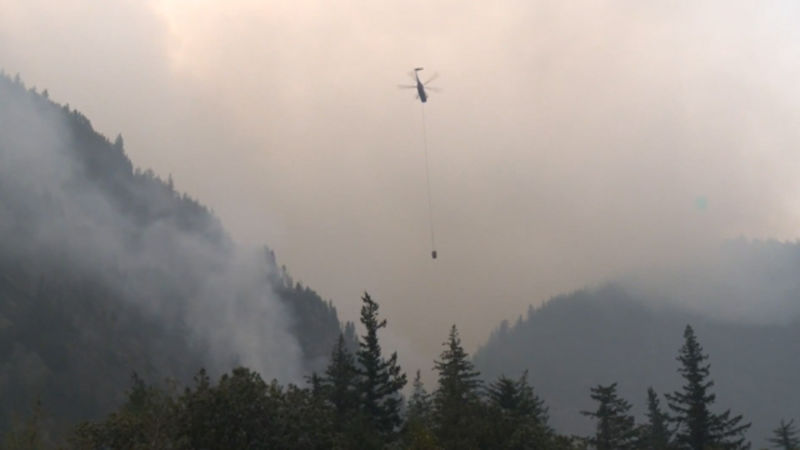
UBC study shows exposure to wildfire smoke can lead to dementia, heart and lung problems
KAMLOOPS — Wildfires are a common occurence in British Columbia. However, the intensity of these fires and the amount of timber burned has dramatically changed in recent years. That has led a group of UBC professors to research how smoke is affecting residents.
“Sometimes, the air quality levels can still be quite high and quite hazardous, and those periods can last for quite long. People may actually take action for one or two days. But then if they relax over the next week or two, they actually may really be having most of that exposure during that period,” explained Michael Brauer, one of the co-authors of the study published on the Journal of Allergy and Clinical Immunology.


